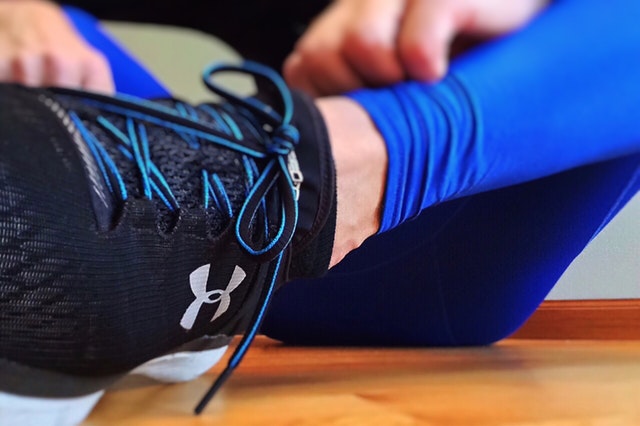One of the best ways to prevent or slow the progression of varicose and spider veins is something that you can do on your own, without medical intervention: simply change your diet. From adding key vitamins and nutrients to your daily food intake to changing the way you eat, you might be surprised at the results.
1. Eat fewer calories.
Obesity or being overweight can add extra pressure to your legs, making it one of the leading causes of varicose veins among other conditions. Fortunately, just losing 10 percent of your body weight can have an unbelievable effect on the health and appearance of your veins. The healthiest and easiest way to lose weight is to simply cut back on how many calories you consume each day.
2. Eat more soluble fiber.
People are not eating enough fiber these days which can lead to intestinal issues like constipation. The pressure from constipation can affect the condition of your veins over time. However, a diet that contains plenty of soluble fiber can help keep you regular. To include more soluble fiber in your diet, eat more oatmeal, beans, berries, apples, carrots, and barley.
3. Drink more water.
The more fiber you eat, the more water you need to drink. Soluble fiber mixes with water to form a paste in your intestines, and this is what helps to prevent constipation. Water also keeps all parts of your body hydrated and working properly, even your veins.
4. Up your vitamin C intake.
The walls of your veins require collagen and elastin to stay strong and resist pressure, and as you age, your body produces less and less of these important proteins. But vitamin C can actually help increase production. Foods that are rich in vitamin C include broccoli, kale, red peppers, oranges, strawberries, and kale.
5. Up your vitamin E intake.
Vitamin E is also essential for good vein health, especially if you are diabetic. It can help prevent your platelets from sticking together in your veins to form blood clots, which can lead to a stroke or heart disease. Foods packed with vitamin E include spinach, almonds, sunflower seeds, pumpkin, mango, asparagus, peanut butter, and raw avocados.
6. Add bioflavonoids to your diet.
Several studies have shown a link between bioflavonoids — plant compounds — and protecting vein health. Over time, eating foods with bioflavonoids may even help reduce the appearance of varicose veins. Try adding apples (including the peeling), buckwheat, figs, red bell peppers, citrus fruits, and green tea to your diet.




